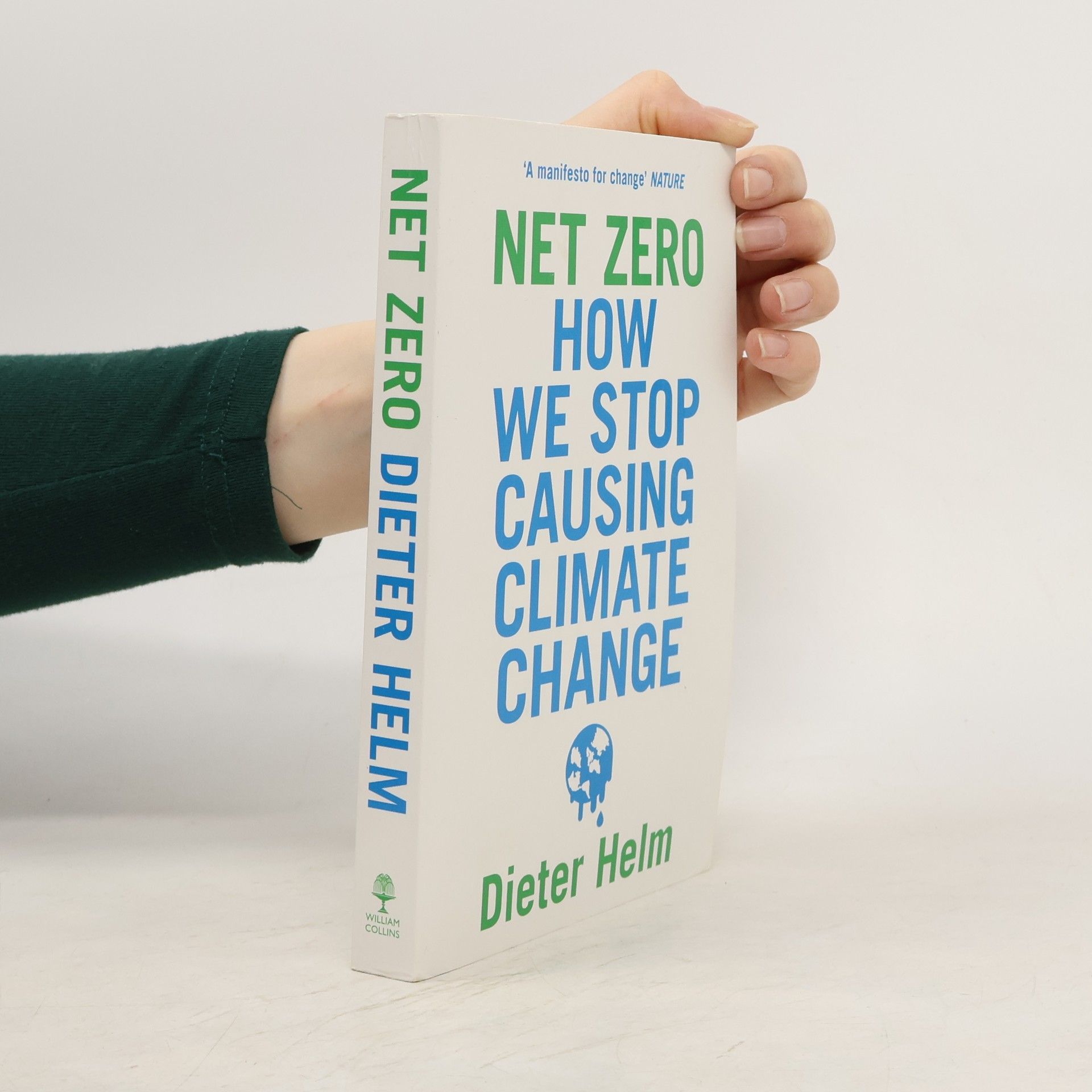Burn Out
- 304 pages
- 11 hours of reading
An energy revolution is under way with far-reaching consequences for nations, companies, and the way we address climate change Low oil prices are sending shockwaves through the global economy, and longtime industry observer Dieter Helm explains how this and other shifts are the harbingers of a coming energy revolution and how the fossil fuel age will come to an end. Surveying recent surges in technological innovations, Helm's provocative new book documents how the global move toward the internet-of-things will inexorably reduce the demand for oil, gas, and renewables--and prove more effective than current efforts to avert climate change. Oil companies and energy utilities must begin to adapt their existing business models or face future irrelevancy. Oil-exporting nations, particularly in the Middle East, will be negatively impacted, whereas the United States and European countries that are investing in new technologies may find themselves leaders in the geopolitical game. Timely and controversial, this book concludes by offering advice on what governments and businesses can and should do now to prepare for a radically different energy future.



